
Chukat: Religious Rage
While righteous indignation stems from sincere and pure intentions, the highest goals of holiness will only be achieved through calm spirits and mutual respect…

translated by Rabbi Chanan Morrison
Parshat Chukat
Near the end of their journey in the desert, the Israelites arrived at Kadesh. But there was no water to drink, and the people complained bitterly. God commanded Moses to take his staff before the entire people and speak to the cliff-rock, to provide water for the nation. Moses took the staff and assembled the people. But he shouted, "Listen now, you rebels! Shall we produce water for you from this cliff?" (Num. 20:10)
Moses then struck the cliff twice with the staff, and a huge amount of water gushed out.
There are many explanations as to what exactly was Moses’ sin, for which God did not allow him to enter into the Land of Israel. Perhaps it was his uncontrolled anger (Maimonides); or for disobeying God by hitting the rock (Rashi); or because he initially fled from the people (Ibn Ezra); or for saying, "Shall we produce" and not, "Shall God produce" (Rabbeinu Chananel).
Let us consider Maimonides’ explanation. Clearly, Moses was judged strictly, in accordance to his unique spiritual level. Yet, was his fit of anger truly so terrible that it constituted a desecration of God’s Name? Did Moses deserve to die outside of the Land of Israel merely for losing his temper?
Religious Rage
 According to Rav Kook, all religious rage, all intolerance for moral failings, is rooted in this display of anger by Moses. Instead of words of reconciliation, he shouted, "Listen now, you rebels!" Instead of speaking to the heart, he hit the rock. While righteous indignation stems from sincere and pure intentions, the highest goals of holiness will only be achieved through calm spirits and mutual respect.
According to Rav Kook, all religious rage, all intolerance for moral failings, is rooted in this display of anger by Moses. Instead of words of reconciliation, he shouted, "Listen now, you rebels!" Instead of speaking to the heart, he hit the rock. While righteous indignation stems from sincere and pure intentions, the highest goals of holiness will only be achieved through calm spirits and mutual respect.In our generation, the instruction of Torah and its details involves a pedantic form of debate. Father and son, teacher and student, struggle and battle over Torah study. In the end, their mutual love returns; but the residual feelings of enmity are never completely erased.
The restoration of the peaceful ways of Torah will come through the prophet Elijah, who "shall turn the heart of fathers to the children, and the heart of the children to their fathers." (Malachi 3:24)
This will be accomplished with the revelation of the esoteric side of Torah, the ‘Torah of kindness’. The same profundity and precision which in the past was achieved via zeal and passion ("rit’cha d’oraita"), will be achieved in the future through the spiritual strength of gentleness and equanimity. Then the light of the sukkah of peace will encompass the Jewish people and those nations of the world who gather from afar to the holy city of Jerusalem. (adapted from Orot HaKodesh vol. IV, p. 500)
A Letter of Loving Rebuke
(As chief rabbi of Jaffa, Rav Kook was responsible for religious affairs in the area. It is of interest to note how he dealt with taking individuals and groups to task for infractions of Jewish law. Below is a letter from 1912 regarding Sabbath desecration in the settlement of Wadi Chanin [now called Ness Ziona].)
My dear brothers,
I find in the depths of my heart a powerful, sacred duty to call out to you with affection, from the sincere fondness in my heart for you as pioneers in the rebirth of our people in the land of our yearnings. I am confident in your honesty and your trust in me (which I have seen ever since I began serving you in a rabbinical capacity), that my words, the words of a faithful and respectful friend, will be well received.
For some time I have heard that the level of sanctity of the Sabbath has greatly deteriorated in your beloved community. This decline, according to the rumors, is great and terrible, to all who live Jewish life in the depths of his soul, to all who feel and recognize what the Sabbath means to us, to all who are aware of its holiness in our religious tradition together with its national, historical value.
My dear brothers! I am unable to express in writing even a small portion of my soul’s pains whenever such reports reach my ears. Especially concerning your precious and holy settlement and its pioneers, who bring redemption to the Jewish people. May my words find favor before you, so that you will search and find a way to remove this terrible embarrassment from your beloved community, this profound shame for the entire Jewish people, who proudly look upon our new settlement as a resting place for its very essence, for all that it has held sacred and honorable throughout the generations. (Igrot HaRe’iyah, vol. II, 88)
* * *
Copyright © 2006 by Chanan Morrison. Rabbi Chanan Morrison of Mitzpeh Yericho runs http://ravkookTorah.org, a website dedicated to presenting the Torah commentary of Rabbi Avraham Yitzchak HaCohen Kook, first Chief Rabbi of Eretz Yisrael, to the English-speaking community. He is also the author of Gold from the Land of Israel (Urim Publications, 2006)



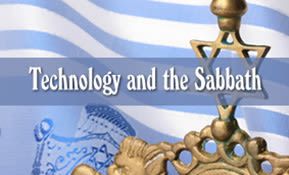
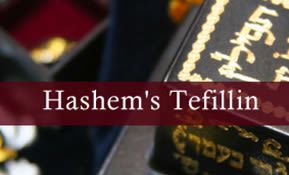
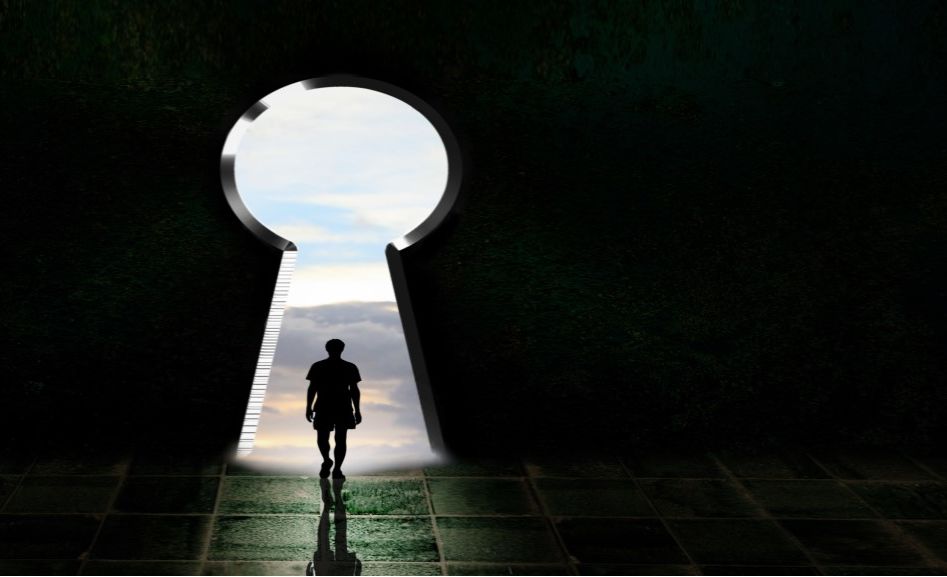
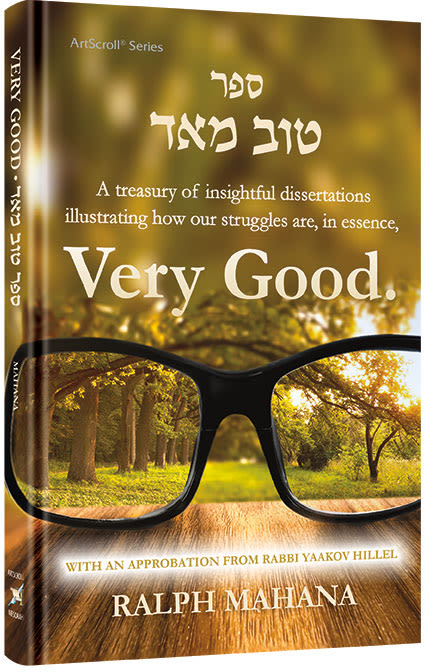
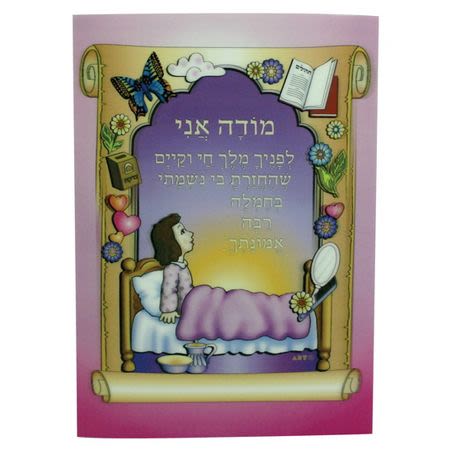
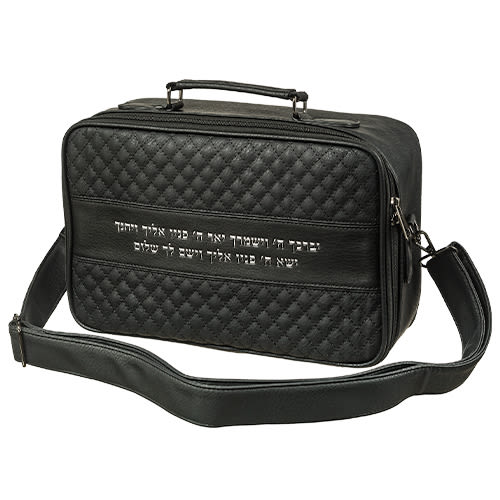


Tell us what you think!
Thank you for your comment!
It will be published after approval by the Editor.